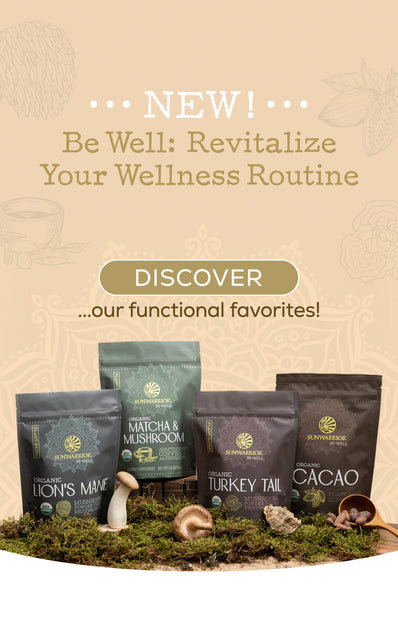Copper is an essential mineral involved in hemoglobin formation, collagen creation, myelination of neurons, enzyme coding, bone health, and much more. It is only needed in tiny amounts, just about 2mg per day, but this doesn’t make it any less crucial to health—though care should be taken in not getting too much. Copper in large amounts is quite toxic, starting at about 10mg and up.
Copper deficiency is rare due to the ease of our absorption of this mineral and the very low requirements we have, but copper deficiency is still on the rise thanks to the overuse of zinc and medications that compete with copper. Deficiency can cause fatigue, nausea, anemia, joint pain, osteoporosis, impaired immunity, seizures, neurological problems, poor temperature control, grey hair, hair loss, and pale skin or other skin problems. Too much copper, on the other hand, leads to liver damage, diarrhea, vomiting, depression,  insomnia, high blood pressure, and also neurological problems.
insomnia, high blood pressure, and also neurological problems.
Antacids, milk, eggs, and zinc all inhibit copper absorption. Many people in the U.S. don’t get enough copper in the first place as our processed diet is somewhat lacking in many of the minerals we need. We then add medications and antacids on top of our poor diet that further push copper aside. Digestive disorders also cause problems with copper absorbability. Surgeries on the stomach and intestines, like gastric bypass, can severely limit copper’s ability to enter the body. High fructose diets are another problem. Fructose burns through copper and depletes it quickly, a large concern for those on the American diet rich in high-fructose corn syrup.
Many people accidentally become deficient by overusing zinc supplements, especially during cold and flu season. Zinc competes with copper and creates compounds in our intestines that bind with and remove copper from our digestive system. Zinc does have a place in reducing the duration of colds and boosting immunity, but it must be used carefully.
Copper can be found in whole grains, legumes, dark chocolate, nuts, seeds, herbs, leafy greens, lentils, and some fruits in good amounts which is good news for vegans and vegetarians. Many grains and seeds should be soaked or sprouted first to remove the phytic acid which inhibits mineral absorption. Both copper and zinc are safer and more balanced from whole-food sources over supplementation. Vitamins can be helpful if they rely on whole-foods rather than synthetic chemicals. You should consult a physician if you experience any of the symptoms of copper deficiency or are worried about your copper intake.





